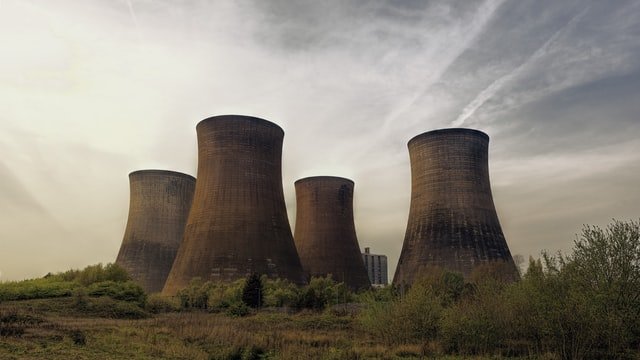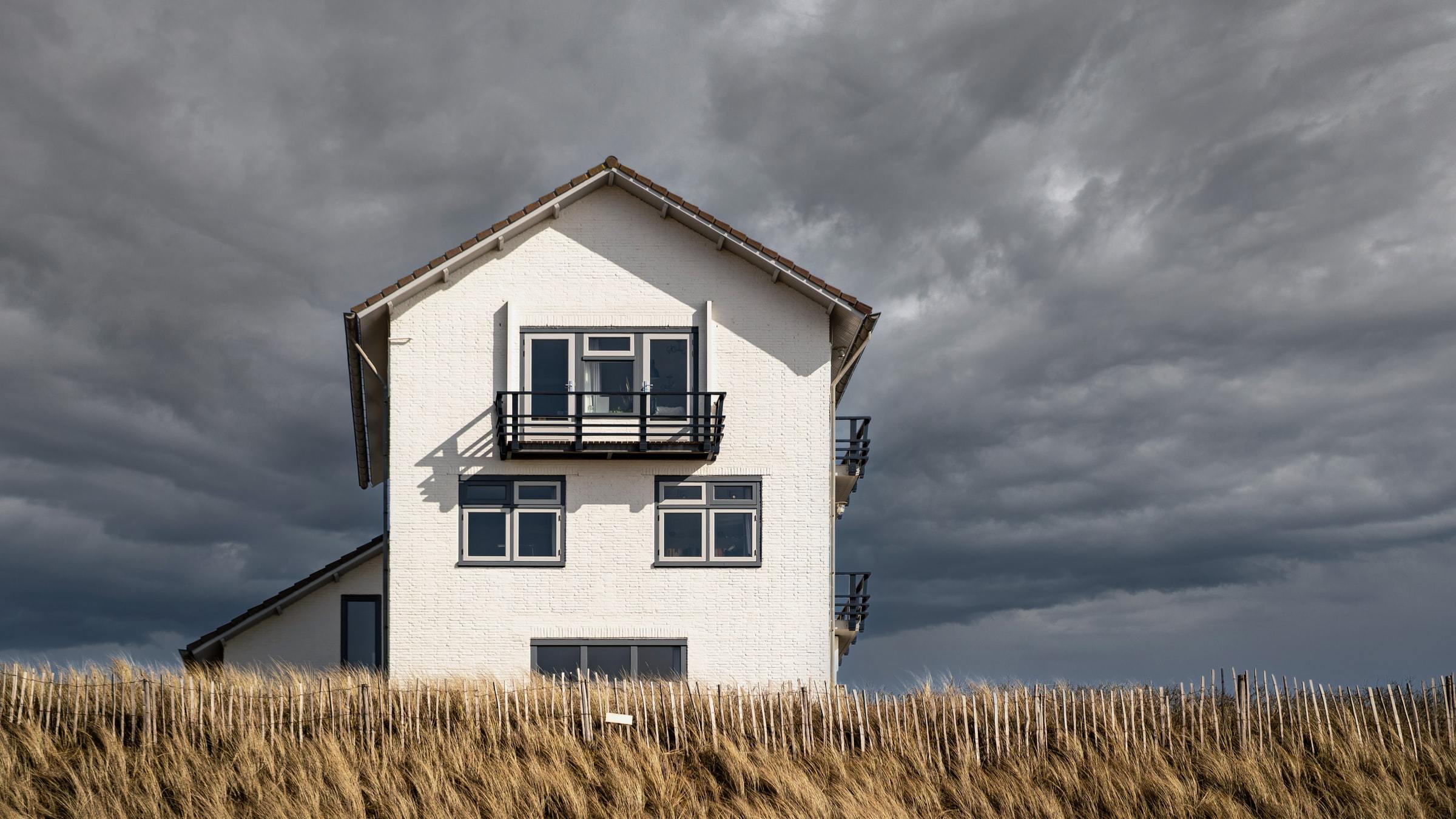
How Does Fault Work in Calgary Home Insurance?
Please note, while we have done extensive research for this article, we are not licensed to provide any professional advice for any insurance matter, we believe this information to be reliable, but always recommend that you consult a professional insurance advisor who is licensed to trade in insurance, for any and all matters or advice on insurance.
For many consumers, the concept of auto insurance fault is pretty clear.
For example, if a driver runs a stop sign and gets in an accident, they're likely to be deemed at fault for running the stop sign. Fortunately your insurance covers this mistake, and both parties will typically be covered by the at fault parties insurance. In most cases (there are exceptions) the at fault parties insurance will go up on renewal once a claim is made, while the not at fault parties insurance should not. Although, there are exceptions to this. In some cases, a person with an abundance of recent at fault losses on their auto policy could see an increase in their premiums.
When it comes to home insurance, does fault really matter?
Most Home Insurance policies decide whether or not to cover a loss by evaluating what happened to what perils are covered on a policy. These perils can range from fire & smoke, to hail damage or theft, these are all common perils covered by home insurance claims. In terms of fault, intentional actions by the policy holder (arson) for example wouldn't be covered by their policy.
For home insurance though, once a claim is initiated, it's likely that your premiums are set to go up regardless of fault or negligence. Most insurance companies look at it from the perspective that past history is a key indicator of future occurrence. Insurance companies know that losses in the auto industry are common, the first day of snowfall is almost always guaranteed to generate hundreds of minor fender bender claims in the auto insurance industry, but when it comes to home insurance, especially with higher deductibles, claims aren't as commonly seen.
What isn't likely to be covered by home insurance?
Consumers should know that there are a variety of things that likely won't be covered by their home insurance policies, these can include but are not limited to:
Identity theft - While this does vary by provider, most basic policies won't have coverage for identity theft situations. Although it is starting to be seen more commonly in the more complete packages offered by insurance providers.
Foundation Cracks - This will be seen as lack of maintenance or wear and tear.
Pest Damage - Mice, birds, or damage by insects is often not covered by home insurance policies.
Limitations on specific items. From jewellery to art, electronics like cameras, coins, cash, fur, bicycles and much more, many home insurance policies have limitations on the coverage amount they offer on these high valued, high ticket items.
Water Damage - This is an area most home owners do not pay attention to when it comes to their insurance. Water damage can be caused and not covered under your policy if it is deemed to be lack of maintenance (slow leak), pipes freezing while you're on vacation, are examples where an insurance company may not cover your losses as they're specifically excluded from your policy.
Acts of war, terrorism, and nuclear events.

What are some common examples of home insurance claims?
Wind / Hail Damage - It's reported that wind and hail damage accounts for more than 1/3 of all insurance claims by homeowners.
Theft and Vandalism - Your home is broken into and the criminals spray painted some of their furniture and artwork on the walls and walked out with some valuable items.
Fire - A grease fire breaks out and your home is engulfed in smoke, some fire damage, and is deemed unliveable until repairs are started. You'll also likely have coverage for additional living expenses (somewhere else to live) and coverage for your repairs and replacement of any damaged goods.
We noticed an insightful (profanity laced) post on Reddit during our research for this article, it outlines the process and provides advice (from someone who claims to be in the insurance industry) on how to ensure you're properly paid out in the event of claim. Read more here - an excerpt from this post:
For instance, if all you say was "toaster" -- we would come up with a cheap $4.88 toaster from Walmart, meant to toast one side of one piece of bread at a time. And we would do that for every thing you have ever owned. We had private master lists of the most commonly used descriptions, and what the cheapest viable replacements were. We also had wholesale pricing on almost everything out there, so really scored cheap prices to quote. To further that example:
- If you said "toaster - $25" , we would have to be within -20% of that... so, we would find something that's pretty much dead-on $20.01.
- If you said "toaster- $200" , we'd kick it back and say NEED MORE INFO, because that's a ridiculous price for a toaster (with no other information given.)
- If you said "toaster, from Walmart" , you're getting that $4.88 one.
- If you said "toaster, from Macys" , you'd be more likely to get a $25-35 one.
- If you said "toaster", and all your other kitchen appliances were Jenn Air / Kitchenaid / etc., you would probably get a matching one.
- If you said "Proctor Silex 42888 2-Slice Toaster from Wamart, $9", you just got yourself $9.
- If you said "High-end Toaster, Stainless Steel, Blue glowing power button" ... you might get $35-50 instead. We had to match all features that were listed.
Some insurance tips we've received from insurance professionals
Policies can vary quite a bit - Be sure to obtain multiple quotes and compare what you're being offered.
Know your deductibles - The last thing you want to find out is that you have a $10,000 deductible
Some catastrophes like flooding or earthquakes are not generally covered by most home insurance policies and require special additional coverage addons to your policy.
You should consider NOT making an insurance claim in these situations - If the damage or item damaged are not covered in your policy, or when the deductible is higher than the amount of damage you believe there to be.
If you have a broker, ask them for their advice. They can provide guidance on whether you should or should not make a claim.
Factors for your home insurance rates in Calgary
- Your address - Where you live helps determine your rates. Neighbourhoods with higher crime rates, a higher claim rate, will see higher premiums by most insurance providers. Your premiums are even influenced by the proximity of your home to things such as fire stations and fire hydrants.
- Your claims history - As mentioned previously in our blog and similar to auto insurance, the more claims you have, the more you'll pay.
- Your Home - Everything from its age, to build type, the roof, plumbing type, electrical, and the total cost to replace your home in event of a complete loss.
- Your Credit Rating - Surprising to some, but insurance companies pull a soft credit score to help determine their premiums with the mindset that a policy holder with a higher score will be less likely to make a claim.
- Protection and security - Security systems can reduce premiums as they're providing an extra layer of protection for your home insurance provider.
Posted by Cody Tritter on


Leave A Comment